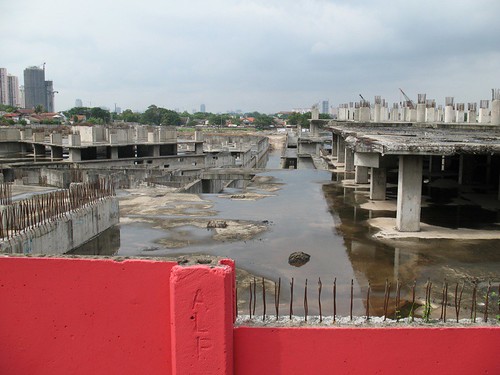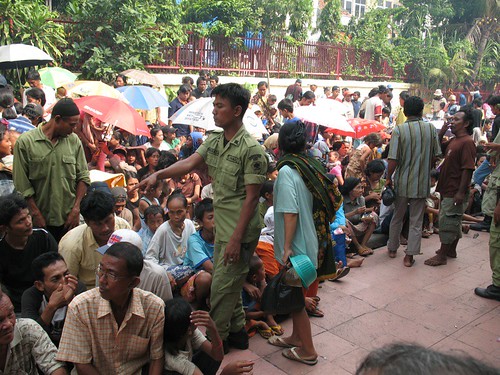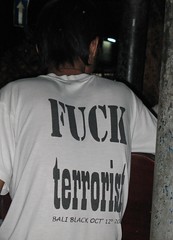The Celebrated Poison Tree
What follows here are descriptions of Batavian social depravity from the perspective of a British officer, John Stockdale, as written in his majestically-titled: “Sketches, civil and military, of the island of Java and its immediate dependencies : comprising interesting details of Batavia, and authentic particulars of the celebrated poison-tree” (1811).
“Most of the people who live here, and even many of the rich, who, it might be supposed, had attained the summit of their wishes, have something in their countenances expressive of discontent and dejection, and which seems a certain sign, that all is not right within. The climate may, undoubtedly, contribute much to this appearance; the animal spirits do not flow in that free circulation, nor do the powers of the mind possess that strength and elasticity, which animate the human frame, and give energy to the exertions of the soul, in more temperate climes. This is not all; for, after a short residence in this debilitating atmosphere, a state of languor, and love of inactivity soon overcome all the active powers of the mind, and, occasioning a total neglect of exercise, ruin the constitution, and induce an absolute repugnance to every kind of occupation. The only resource for those who are in this state of listlessness, approaching to torpidity, is, to seek for relief in society, and to endeavour to kill the heavy hours in the most frivolous manner: smoking tobacco, uninteresting and useless conversation, drinking, and card-playing, form the sum of their amusements; and having, in this manner, spent the day and part of the night, they rise the next morning, utterly at a loss how to pass the many tedious hours of the day they enter upon; and devoid of all inclination for reading, either for amusement or instruction, they are compelled to go the same dull round, and are only solicitous to make choice of such ways of killing time, as least interfere with their beloved state of motionless repose.” (pp 252-3)
Stockdale’s single mention of theatre in the whole book reads as follows:
but it was soon given up.”







